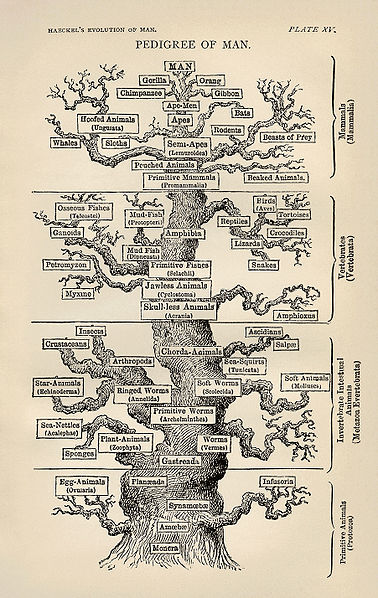A couple of times I’ve come across the Rev. Billy Graham’s syndicated newspaper columns — yes, they are still being published — and on both occasions he was answering a letter from a reader who was perplexed upon trying to read the Hebrew Bible, or “Old Testament.”
The
column that was in yesterday’s papers is headed by a plea for pastoral guidance from a Mr. (or Mrs.) D.F.H., who has undertaken as a New Year’s resolution to read the Old Testament:
I’ve become discouraged because I know I’ll never be able to keep all those laws. There must be hundreds of them. Do you have any advice?
Rev. Graham replies:
Yes, the Old Testament can be confusing (and even intimidating) if you aren’t familiar with the Bible. But God has many truths to teach us through it, including truths about himself and truths about our lives. For example, many of the detailed laws you’ve discovered in the early books of the Bible no longer apply to us today; they were only meant to govern God’s people before Christ came into the world.
Now of course he’d have to say something like that — what else could he say? — yet it strikes me as poignantly inadequate. This is the reason I’m writing this blog — because the Hebrew Bible is an uncharted sea for most Christians and Jews. Graham is correct that the “Old Testament” is “confusing” and much of it seems irrelevant.
It’s like a locked book in many ways. The key is the ancient interpretative tradition transmitted by Jewish tradition: the Oral Torah.
I’m curious to get your view, especially if you are a Christian. What is all that material doing there, taking up so much space in the Bible? Why does it have to be so long and confounding with its seemingly endless laws and rituals?
If the point were to convict us — demonstrating that we can’t “save ourselves” by legal observance (something Judaism never said, actually) — couldn’t the point be conveyed more succinctly?

